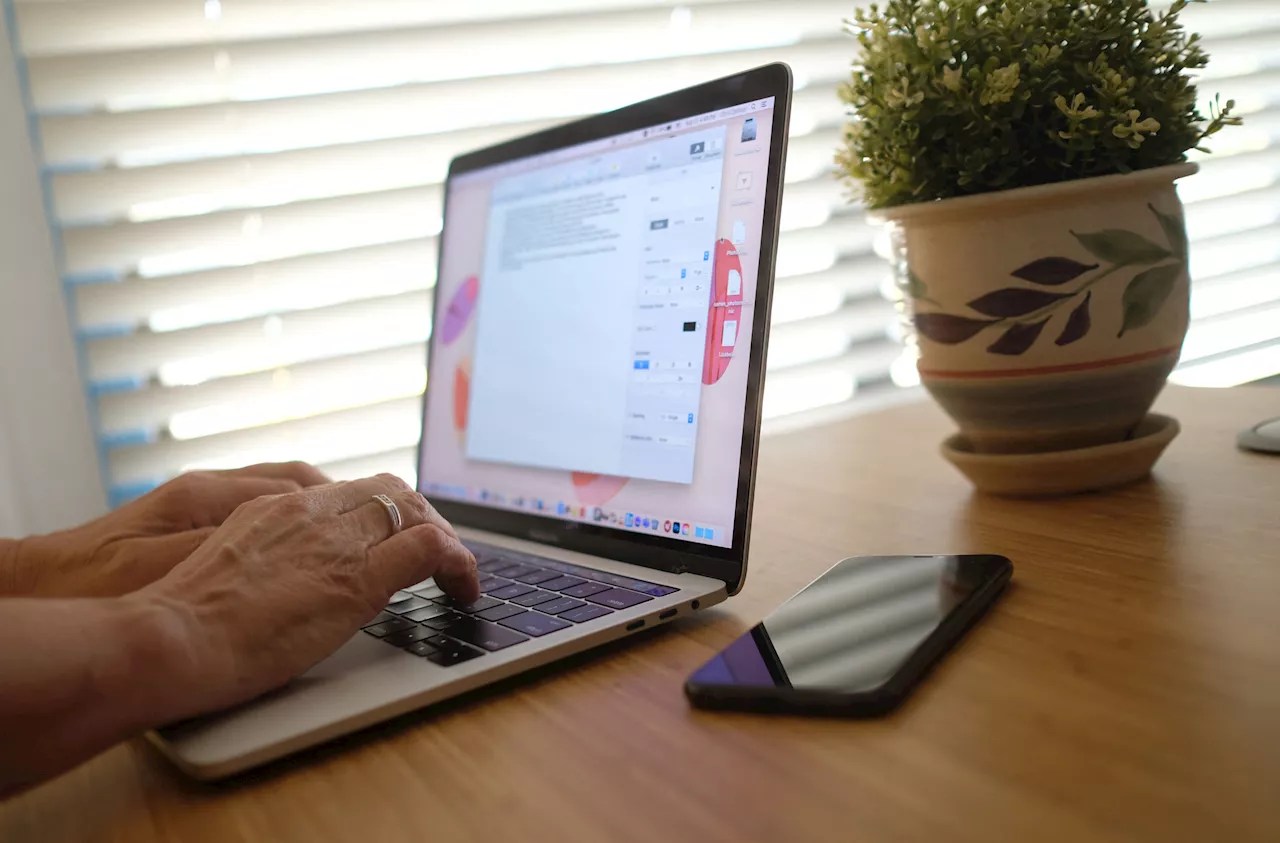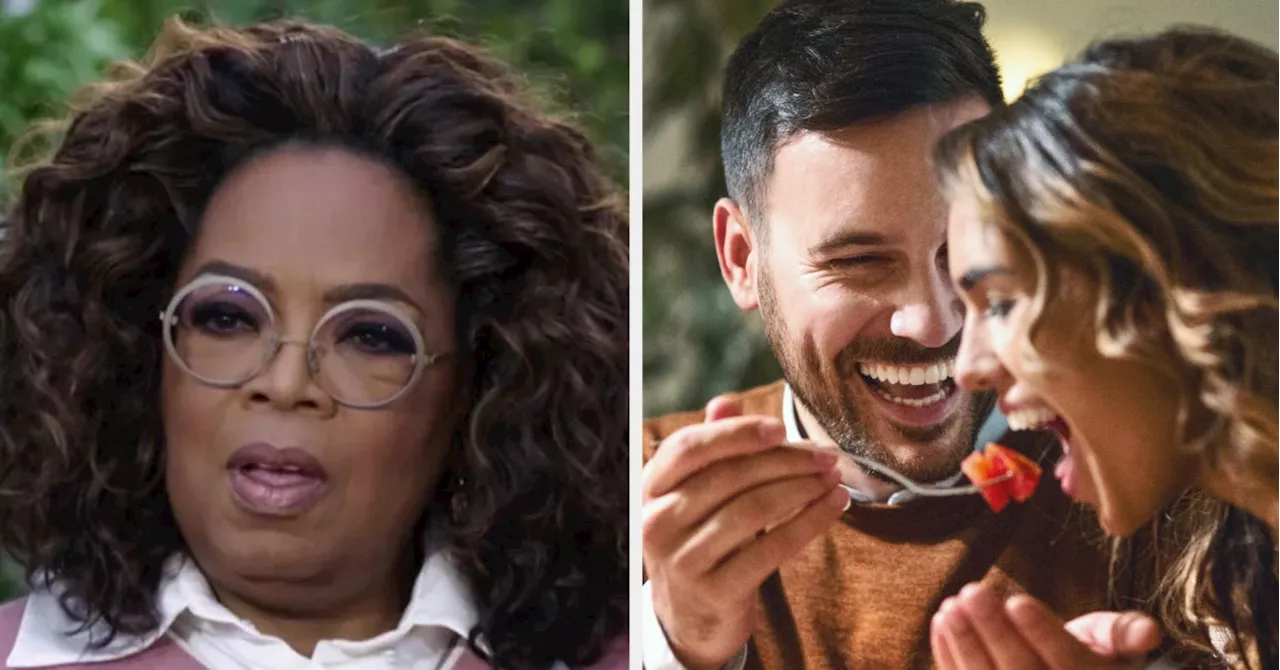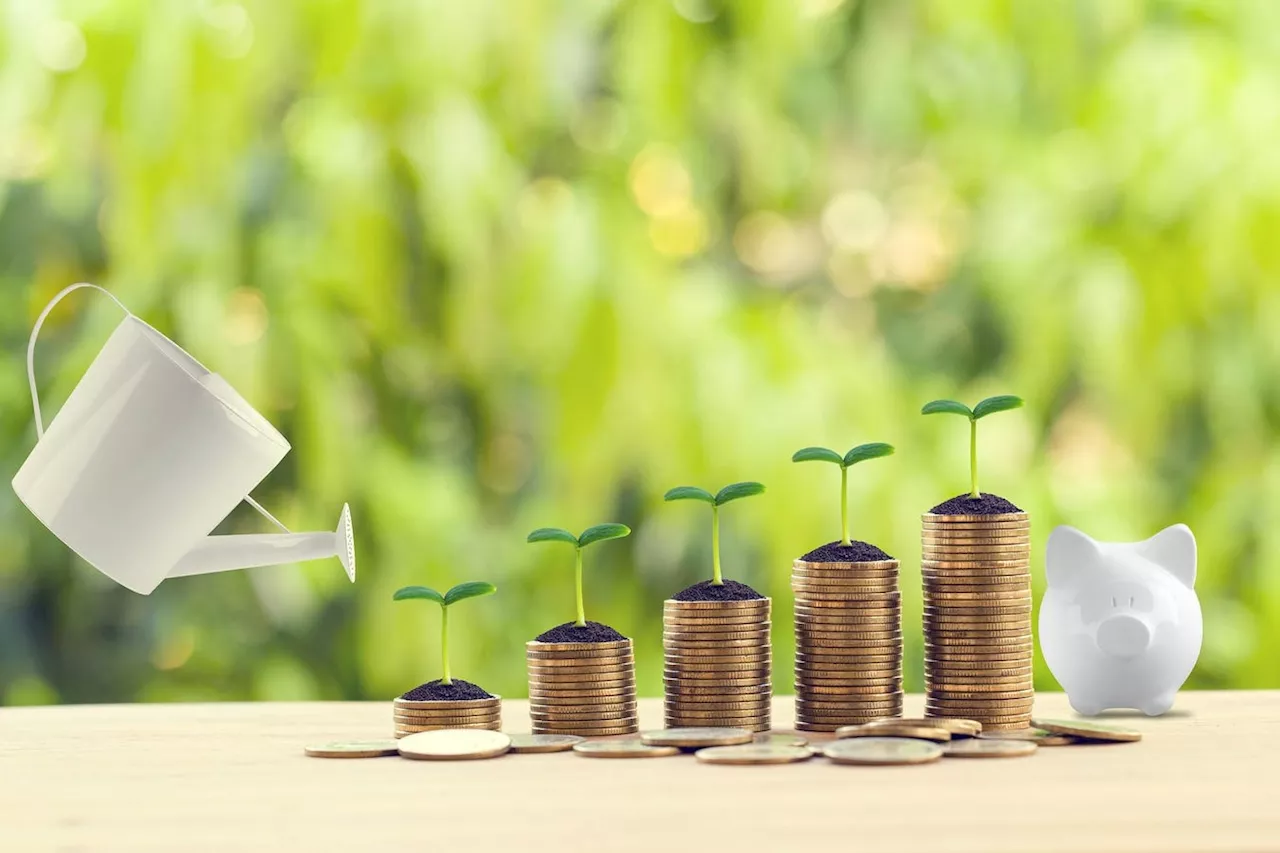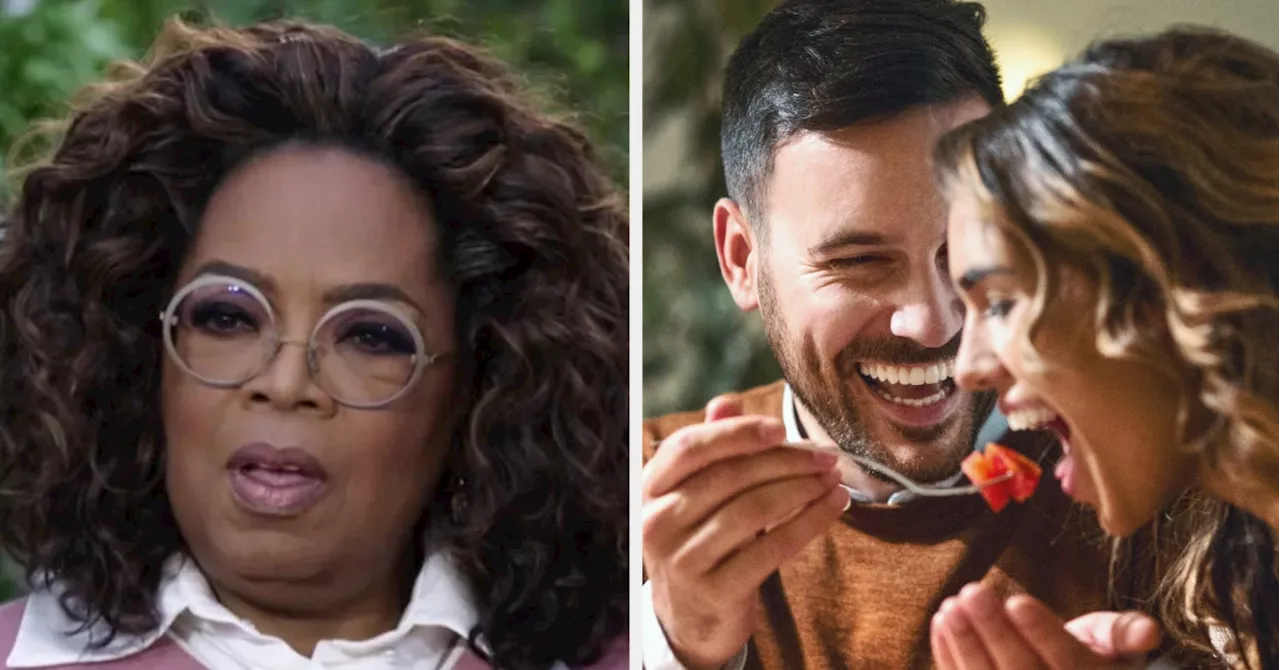This article explores the phenomenon of 'invidious comparison eating' (ICE), where individuals subtly diminish the quality of a dish by highlighting the superiority of another version, often their own. This article examines the history and social implications of this behavior, drawing parallels to Thorstein Veblen's theories on conspicuous consumption.
Anything you can do, I can do better. I can do anything better than you. The scene: It’s an hour into a dinner party you’re hosting for “friends.” (Note the quotes.) Most of your guests are on their second (or third) round of adult beverages and are tucking into the main course — sumptuous grilled shrimp paired with grits, the latter of which you made yourself according to an old family recipe.
Shouts of approval echo from around the table, but then you hear a very audible murmur: “These grits are good. However, you know, when I make them I use real cream, not milk.”If this situation sounds familiar, you’re one of millions of estimated Americans who has borne witness to what could be called “invidious comparison eating,” or ICE. Potentially the most passive-aggressive bad-dining habit, ICE is when a person indirectly asserts a dish they’re consuming is lesser by listing the “superior” merits of another version (usually their own). ICE can play out in any sort of group meal setting (e.g., restaurants or coffee shops), but it’s particularly offensive when it transpires in a domestic space, right in front of the home cook. Lest you assume ICE is some newfangled fad, let it be known that this nasty behavior has been going on — and more importantly, recorded — for hundreds of years. In his landmark 1899 study of wealth and consumerism, “The Theory of the Leisure Class,” Thorstein Veblen argued that invidious comparison is a key way in which members of the wealthy and/or moneyed class actively set out to distinguish themselves from those of lower socioeconomic status. He specifically posited invidious comparison as “a process of valuation of persons in respect of worth,” which plays out often by accumulating and (here’s the important part) displaying or publicizing superior asset
Food Culture Invidious Comparison Dining Etiquette Social Dynamics Consumerism
United States Latest News, United States Headlines
Similar News:You can also read news stories similar to this one that we have collected from other news sources.
 Most Passive-Aggressive Work Emails Come From Co-Workers: PollAltogether, 47.69 percent of Americans said they had received a passive-aggressive email in 2024.
Most Passive-Aggressive Work Emails Come From Co-Workers: PollAltogether, 47.69 percent of Americans said they had received a passive-aggressive email in 2024.
Read more »
 NYT’s Brooks: ‘Passive-Aggressive’ Bureaucracy Might Keep Patel, Others from Doing ThingsSource of breaking news and analysis, insightful commentary and original reporting, curated and written specifically for the new generation of independent and conservative thinkers.
NYT’s Brooks: ‘Passive-Aggressive’ Bureaucracy Might Keep Patel, Others from Doing ThingsSource of breaking news and analysis, insightful commentary and original reporting, curated and written specifically for the new generation of independent and conservative thinkers.
Read more »
 The Art of Passive-Aggressive Eating: When Compliments Become ComparisonsThis article explores the insidious dining habit known as 'invidious comparison eating' (ICE), where individuals subtly diminish a dish by highlighting the superiority of their own version. It examines the social dynamics behind ICE, its historical roots in class distinctions, and its particularly galling impact in home cooking settings.
The Art of Passive-Aggressive Eating: When Compliments Become ComparisonsThis article explores the insidious dining habit known as 'invidious comparison eating' (ICE), where individuals subtly diminish a dish by highlighting the superiority of their own version. It examines the social dynamics behind ICE, its historical roots in class distinctions, and its particularly galling impact in home cooking settings.
Read more »
 Unlocking Financial Freedom: The Rise of Passive Income in 2025This article explores the increasing accessibility of passive income opportunities in 2025, driven by technological advancements like AI automation and online platforms. It emphasizes the importance of strategic planning and diversification in building reliable passive income streams, highlighting various methods such as real estate investments, dividend-paying stocks, and online ventures. The article also discusses the lifestyle benefits of passive income, allowing individuals to pursue their passions and enjoy more free time.
Unlocking Financial Freedom: The Rise of Passive Income in 2025This article explores the increasing accessibility of passive income opportunities in 2025, driven by technological advancements like AI automation and online platforms. It emphasizes the importance of strategic planning and diversification in building reliable passive income streams, highlighting various methods such as real estate investments, dividend-paying stocks, and online ventures. The article also discusses the lifestyle benefits of passive income, allowing individuals to pursue their passions and enjoy more free time.
Read more »
 Wealthy Dad Surprises Child With Tree House He Can Airbnb For Passive IncomeAmerica’s Finest News Source
Wealthy Dad Surprises Child With Tree House He Can Airbnb For Passive IncomeAmerica’s Finest News Source
Read more »
 39-Year-Old Achieves $18,000 Monthly Passive Income Without College DegreeA social media marketer turned author and coach shares how they built a successful business without a college degree, emphasizing the importance of starting now and not waiting for the 'perfect time'.
39-Year-Old Achieves $18,000 Monthly Passive Income Without College DegreeA social media marketer turned author and coach shares how they built a successful business without a college degree, emphasizing the importance of starting now and not waiting for the 'perfect time'.
Read more »
